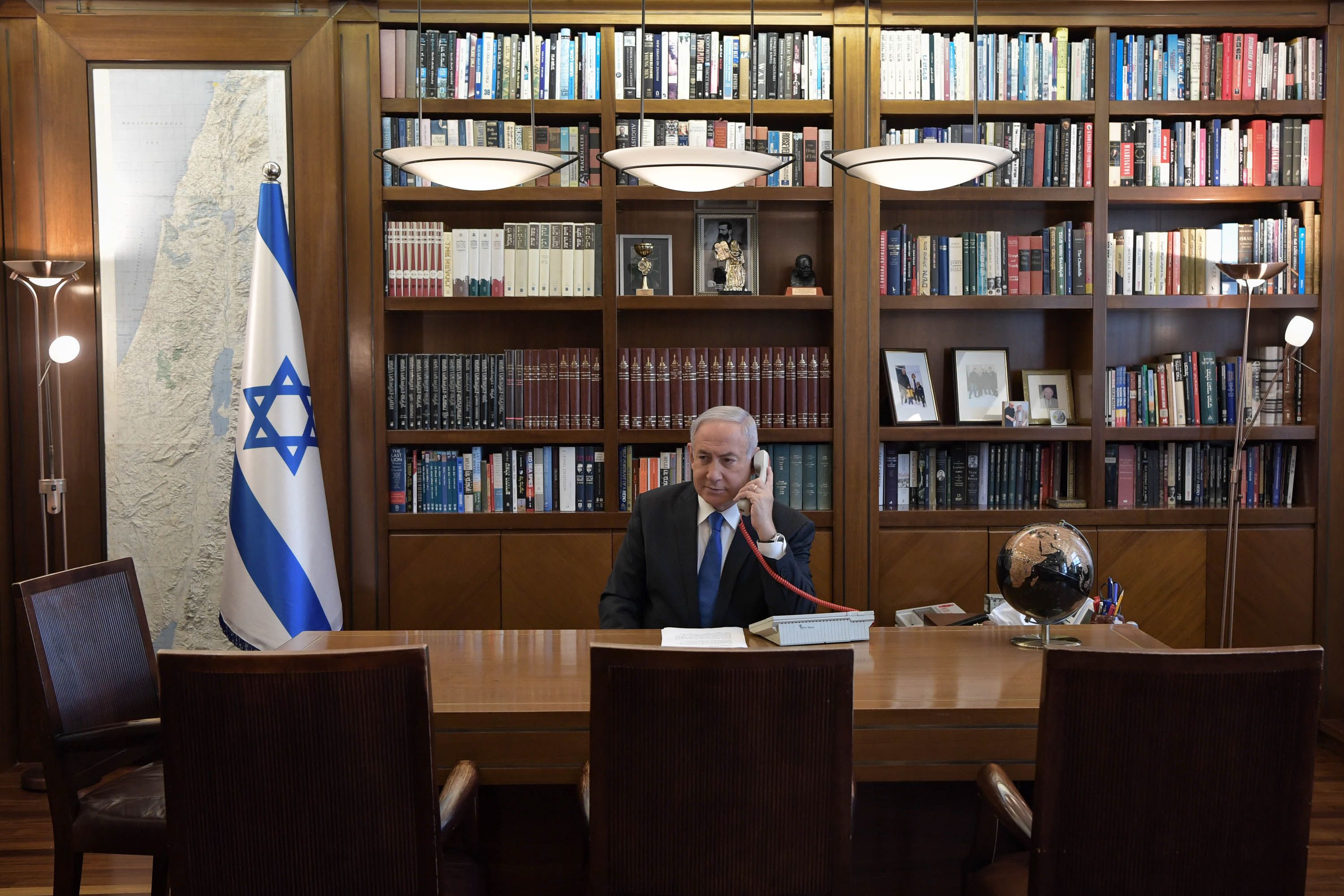Declaration on Normalisation between Israel and the United Arab Emirates

What is included in the normalisation statement?
Israel and the UAE express their will to fully normalise relations. This would make the UAE the third Arab country in the Middle East (alongside Jordan and Egypt) to officially recognise Israel. The parties declare that they will negotiate agreements concerning, among other things, investment, tourism, and diplomatic and communication channels. Pursuant to the provisions of the declaration and a U.S. request, Israel will suspend plans based on the Trump Plan to annex settlements in the West Bank. Instead, it will focus on the normalisation of diplomatic relations with other Arab states. Israel, the UAE and the U.S. are to initiate a Strategic Agenda for the Middle East to develop economic and security cooperation in the region. They also declare their will to work out a solution to the conflict between Israel and Palestine.
What is the international context of the declaration?
Netanyahu’s announcements regarding the annexation of settlements prompted the declaration. There was no consent for annexation from other states in the region or from the United States, and no unanimity on the issue in the Israeli government. Annexation would destabilise the region and jeopardise covert relations between Israel and the Persian Gulf States developed in recent years. Hence, it was in the interests of Israel, the U.S. and the Arab states to work out a formula to postpone the risky annexation. The UAE’s decision is also proof of the weak political position of the Palestinian government, which criticised the statement, and the instrumental use of the Palestinian issue by Arab partners.
What are the gains for Israel, the U.S. and the UAE?
Normalising relations with the UAE would be one of Netanyahu’s greatest successes. It would be a signal that establishing relations with Arab states does not require concessions in the peace process with the Palestinians. The normalisation of relations with the UAE also strengthens the cohesion of the ruling coalition and improves the prime minister’s image, damaged by the COVID-19 pandemic. For the Trump Administration, the declaration is confirmation of the effectiveness of his approach to the region and will be heavily used by the president in his election campaign as an example of foreign policy success. From the UAE’s point of view, the agreement with Israel and the temporary prevention of annexation are part of the efforts to strengthen its influence in the region. The expected economic benefits (for example, in technology) and countering the influence of Turkey and Iran, are also significant benefits for the UAE.
What next with the annexation and with relations between Israel and the Arab states?
After the issuing the statement with UAE, Netanyahu announced that Israel had not given up on plans to annex the settlements. However, the normalisation process with the UAE provides an important incentive for the Israeli government, outweighing the domestic costs (such as resistance from settlers) to halt plans for the West Bank. The post-election situation in the U.S. remains a key factor for the future of the annexation. The agreement with the UAE marks a serious strengthening of Israel’s position in the region, and it is possible that other Arab states, such as Oman or Bahrain, may also initiate normalisation steps. However, normalisation mainly remains mostly on the political and economic level, and the declaration from Emirates’ authorities will have little impact on the negative perception of Israel in the eyes of Arab societies in the Middle East.


